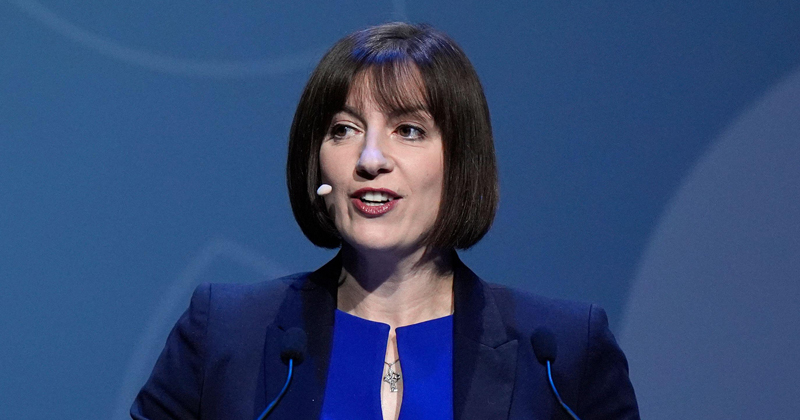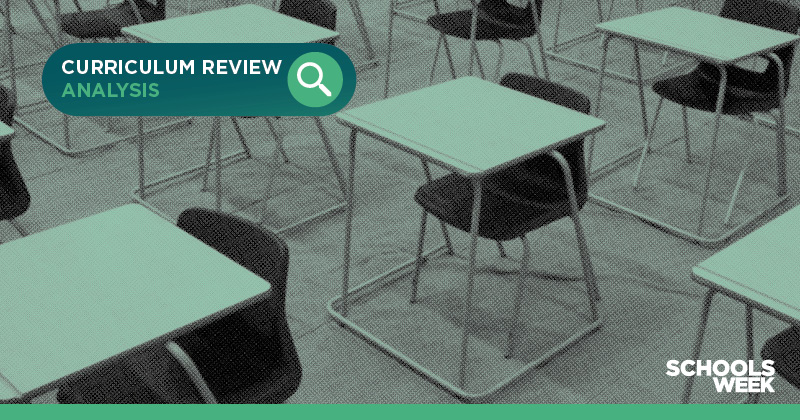Ofqual will not publish detailed modelling that informed a key curriculum review policy to reduce the time pupils spend taking GCSE exams by around three hours.
The exams regulator provided the Francis review with advice that the reduction – which works out as cutting 10 per cent of exam time on average – was “feasible with current content levels” for the average student taking eight or nine GCSEs.
Bridget Phillipson, education secretary, told the Commons that Ofqual has “been clear” the reduction “is more than achievable while at no point compromising the integrity or the high quality and standards of the system”.

But when asked by Schools Week to provide the analysis, the regulator refused. They added it does not routinely publish technical regulatory advice submissions which is “standard practice for policy development processes”.
Ofqual said it would be transparent about its regulatory approach as the reform programme develops, including through consultation and stakeholder engagement.
But Saqib Bhatti, shadow education minister, said: “Ofqual must publish the evidence behind Labour’s exam reduction proposals so we can see their full impact.”
The review found students in England typically sit between 24 to 31 hours of external exams.
Only pupils in Singapore, which has topped international league tables for attainment, spend as many hours sitting exams.
The review points exam time is 16 hours in Ireland, 18 hours in New Zealand and just 10 hours in Canada.
‘We must maintain reliability’
The Francis review also said, in combination with its recommendations on curriculum content, they believe it may be possible to go further than cutting 10 per cent.
But it must be done “while maintaining high levels of reliability and without a negative impact on fairness, system resilience, students’ experience, and teaching and learning”.
On how it could be achieved, Francis told Schools Week: “It depends, subject by subject to some extent, which ironically will probably mean that in practice, some kids are affected more than others.”
But Bhatti said the government’s plans to cut exams “risks undermining” fairness “and weakening standards”.
However, Phillipson told the Today programme that “many other high performing countries have fewer hours in terms of exams than we will be at even by the end of this process”.
Myles McGinley, managing director at Cambridge OCR exam board, said the plan will “likely mean shorter exams, rather than fewer exams overall”.
Claire Heald, chief executive at The Cam Academy Trust, said the reduction will “hopefully enable more flexibility, choice and support for learners, particularly the vulnerable”.








Your thoughts